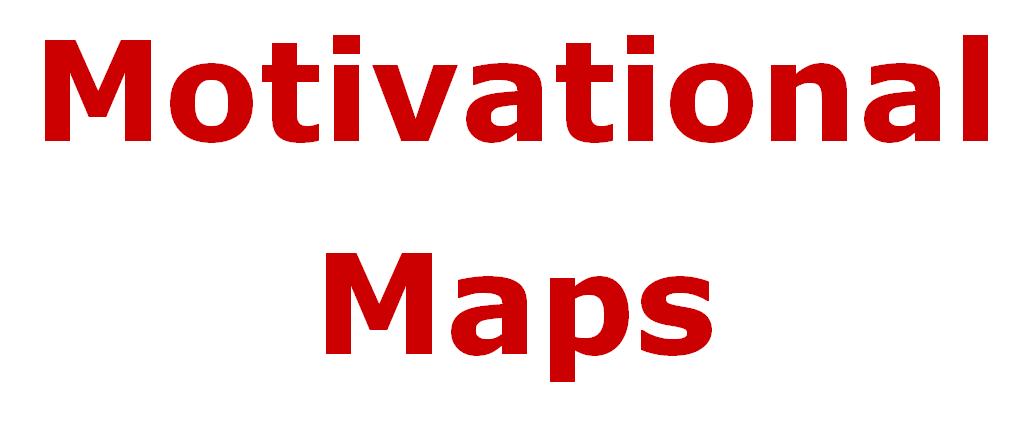If you believe you
will always find a way to succeed no matter what, you are more likely to do
just that than someone who believes they can never have what they really want. Most of our beliefs are formed by the age of
seven. They are shaped by our parents,
grandparents, relatives, teachers, past experiences, media, culture, peers, friends
& religion. Aside from physical
differences, it is our different experiences/interactions, schooling etc that make
us all different and unique.
In most cases we do
not realise what our beliefs consist of or how we have formed them. Yet they influence every moment of everyday.
Every belief has a structure to it which we can change if we choose to. It is like carrying a recording in our
heads. If the recording is working for
us, we can keep it, maybe updating it to refine it from time to time. If however, the recording is limiting what we
think about ourselves, we can take it out and re record it, so we have one that
is working for us.
We accept opinions
from influential people in our lives and hold them as facts. They are not facts at all but perceptions
formed through our own experience and others views. Beliefs are views about us, others and the
world. These views determine the
decisions we take and the way we behave. If we want to change our results it
starts with changing our beliefs.
Beliefs determine
how we think, how we talk to ourselves (our self talk) and this in turn
determines how we behave. If we are
overly self critical or hard on ourselves, we need to start talking to
ourselves in a kinder, softer and more positive way. This will make us feel better and behave more
confidently. Our results are more likely to be more positive if we behave in
this way. Henry Ford once said, ‘if you think you can or if you think you can’t,
you are probably right.’
There are two types
of belief-Enabling (where we believe we can achieve, they propel us forward
towards our goals, we feel confident and good about ourselves). The opposite is
limiting beliefs-these hold us back, hinder us, and make us feel bad/less
confident.
A famous example of
how people changed their beliefs and conventional wisdom is Roger Bannister
breaking the four minute mile record.
People urged him not to try it, telling him it was dangerous and life
threatening. He broke the record and
once he did, four runners broke the record in a year because they believed it
was possible and knew it could be done.
Athletes changed their beliefs, they told themselves they could do it
and as a result their bodies performed more effectively.
In business, there
are countless examples of beliefs missing the point. For example, many said, photocopiers,
personal computers and telephone banking would not catch on. They have all become best sellers. It is important for people to challenge the
conventional wisdom of businesses.
All of us have the
power and control over our beliefs which shape our self talk/thoughts, behaviour
and ultimately our results.



No comments:
Post a Comment